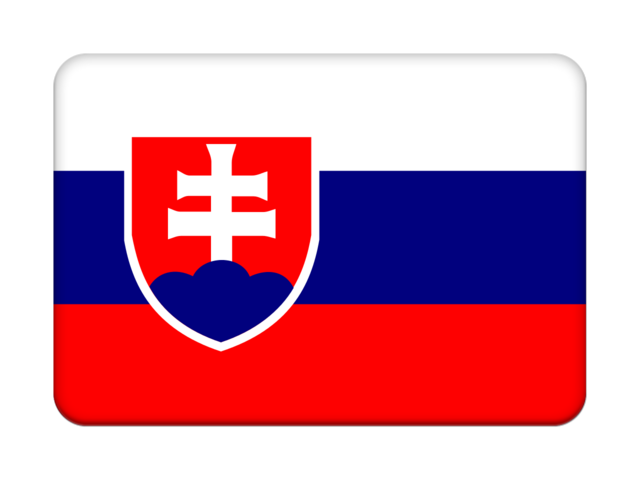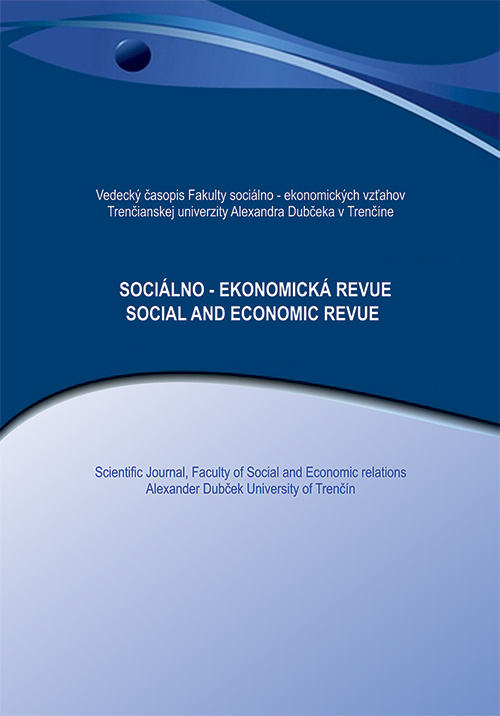INTERCULTURAL DIVERSITY IN HIGHER EDUCATION: A CASE STUDY AT UNIVERSITY OF VALENCIA
The current article draws upon the idea that the study of a language must in all cases be intimately entwined in the study of the particular culture to which said language is affiliated. For this, we must take into account the fact that each language reflects a personal worldview, one which cannot occur in the absence of a good knowledge of our students, especially when it comes to learning a foreign language. The present study pretends to analyze the first-grade students’ perceptions of Faculty of Teacher Training from the University of Valencia about intercultural diversity, understood in a broad sense, as a linguistic, religious, ethnic, gender diversity, etc. The reasons of the importance of this research lie on the one hand, in the existence in the Teaching Guides of different competences in relation with the interculturality, and on the other hand, in the study of future teachers’ needs which will use the intercultural diversity in our pluralistic classrooms.
Release: 2017/3 Pages: 44-49 JEL classification: I23, Z13, I21
DOI:
Keywords: interculturality, higher education, competences, diversity, pluralistic classrooms
Section: SOCIAL CONTEXT OF THE ECONOMY, LABOR MARKET AND HUMAN RESOURCES DEVELOPMENT
Contacts:
Anna M. Devís-Arbona, Dr.
Faculty of Teacher Training,
University of Valencia
Av. dels Tarongers, 4, 46022 Valencia
e-mail: Anna.Devis@uv.es
Silvia-Maria Chireac, Dr.
Faculty of Teacher Training,
University of Valencia
Av. dels Tarongers, 4, 46022 Valencia
e-mail: Silvia.Chireac@uv.es
Literature:
Devís, A. (2015). Aportaciones de la literatura popular a la educación plurilingüe e intercultural. Athropos, 243, 163-176.
Devís, A., Chireac, S. (2015a). Romanian Folk literatura in our clases: a proposal for the development of intercultural competence. Procedia, 178, pp. 60-65.
Devís , A. and Chireac, S. (2015b). Developing intercultural competence trough oral folk literature for studens in a bilingual context. Journal Plus education, XII, pp. 58-67
Inda, J. X. and Rosaldo, R. (2001). The anthropology of globalization: A reader. Cambridge, UK: Blackwell.
Instituto Cervantes (2016). Diccionario de términos clave de ELE. Madrid, Instituto Cervantes.
Oliveras, A. (2000). Hacia la competencia intercultural en el aprendizaje de una lengua extranjera. Estudio del choque cultural y los malentendidos. Madrid, Edinumen.
Pascual, V. and Sala. V. (1991). Un model educatiu per a un sistema escolar amb tres llengües. València, Generalitat Valenciana.
Rodrigo Alsina, M. (1999). Comunicación intercultural. Colección Autores, textos y temas ciencias sociales, 22. Barcelona, Anthropos.
Solé, C., Alcalde, R., Lurbe, K. and Parella, S. (2002). El concepto de integración desde la sociología de las migraciones, 12, 9-41, Instituto Universitario de Estudios sobre Migraciones. Madrid, Universidad de Comillas.
Sorrells, K. (2012). Intercultural Communication: Globalization and Social Justice. Sage Publication.
Tuson, J. (1998). Històries naturals de la paraula. Barcelona, Empúries


